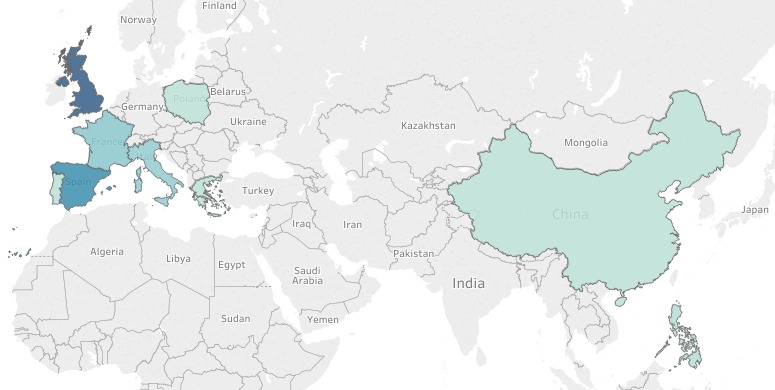In one of our textbooks for Linguistic Anthropology, Language in Society, the author Suzanne Romaine dedicates a part of chapter 2 in exploring the topic of language death. Language death occurs when a language ceases to be spoken and used by people, rendering it non-existent in terms of communication between others.
Language death is a scary concept as it can really happen to any language. What causes this to happen has been debate by linguists, from minority communities being suppressed and overridden by majority force in society, to a phenomenon called “language shift” where a community starts off as bilingual but gradually loses their native tongue.
A related concept to language death is a dead language although these terms are not as mutually inclusive as one would think. A dead language refers to a language losing its native speakers, old languages such as Ancient Egyptian and Latin would fall into such a category because they lost their native speakers.
Language death can certainly lead to a language to be labeled as “dead” though and both are scenarios with which to avoid and certain communities fear happening to them, like this tribe of Aboriginals in Australia which have only a few native speakers left.
By studying this phenomenon though, linguists can learn how to prevent language death from happening and learn about communities that reversed their fate. Hebrew for example was revitalized after centuries of the language mainly being used for religious purposes rather than for other areas in life.
Also of note is expanding a language’s access to its community members and emphasizing code-switching, or use of multiple languages in everyday communication, especially for children to retain knowledge of their mother tongue.
Ultimately, while language death is a grim topic and can evolve into becoming a reality for some communities, with the right amount of effort and work, it can be reversed and even thrive in their communities of origin.
